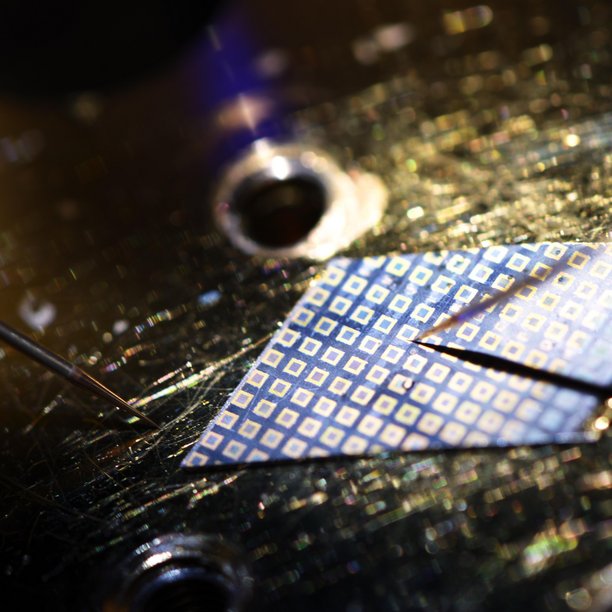Michael Debije
Department / Institute
Group

RESEARCH PROFILE
Michael Debije is an Associate Professor in the research group Stimuli-responsive Functional Materials and Devices. His current research topics are broadly in the control of light in the built environment. To this end, he works on a variety of projects, including
- Luminescent Solar Concentrators (LSCs), colorful, adaptable solar energy generators that could be ideal for use in urban settings;
- Infrared Control Windows which can automatically switch between heat-reflecting states in summer to heat transmitting states in winter;
- 4D-printed Responsive Polymeric Actuators capable of responding to changes in their environment; and
- LSC-Photomicroreactors to allow sunlight-driven, off-grid production of fine chemicals among others.
The devices generated are designed for use in urban settings, but may find application in new areas like greenhouses, automobile windows and even fashion accessories.
Michael likes to generate new areas of research at the boundaries of traditional disciplines, creating potentially disruptive technologies. He loves to work not just with chemists and physicists, but with fashion designers, farmers and building architects as well, and he hopes to inspire his students to do the same. He finds it important to bring his work to the general public, for comment and criticism, and he tries to publish not only in high-ranked periodicals, but across a wide variety of journals, and to have several contributions to the popular press as well.
I revel in bridging the traditional gaps between disciplines and between academics and society
ACADEMIC BACKGROUND
Michael Debije received a MSc in High Energy Physics from Iowa State University (USA) in 1994 with a thesis describing a theoretical treatment of a new breast tumor detector. After a year of teaching in Frydek-Mistek in the Czech Republic, he moved in 2000 to the University of Rochester (USA) where he received a PhD in Biophysics for his study of radical transport and trapping in oligonucleotide crystals of DNA. Continuing to The Netherlands for a postdoc position at the Interfaculty Reactor Institute at TU Delft in the group of John Warman, he studied charge transport in liquid crystalline discotics and organometallics. In 2003 he joined the staff of the Stimuli-responsive Functional Materials and Devices (SFD) group at the Eindhoven University of Technology (TU/e). He is currently an Assistant Professor under Prof. Albert Schenning and responsible for the Energy cluster within SFD.
Key Publications
-
J.A.H.P. Sol,V. Dehm,R. Hecht,F. Würthner,A.P.H.J. Schenning,M.G. Debije
Temperature-responsive luminescent solar concentrators: tuning energy transfer in a liquid crystalline matrix
Angewandte Chemie - International Edition (2018) -
D. Cambié,F. Zhao,M.G. Debije,T. Noël
A leaf-inspired luminescent solar concentrator for energy-efficient continuous-flow photochemistry
Angewandte Chemie - International Edition (2017) -
K. Kumar,Chr. Knie,D. Bleger,M.A. Peletier,H.B. Friedrich,S. Hecht,D.J. Broer,M.G. Debije,A.P.H.J. Schenning
A chaotic self-oscillating sunlight driven polymer actuator
Nature Communications (2016) -
H. Khandelwal,M.G. Debije,T.J. White,A.P.H.J. Schenning
Electrically tunable infrared reflector with adjustable bandwidth broadening up to 1100 nm
Journal of Materials Chemistry A (2016) -
M.G. Debije,P.P.C. Verbunt
Thirty years of luminescent solar concentrator research : solar energy for the built environment
Advanced Energy Materials (2012)
Current Educational Activities
Ancillary Activities
No ancillary activities
